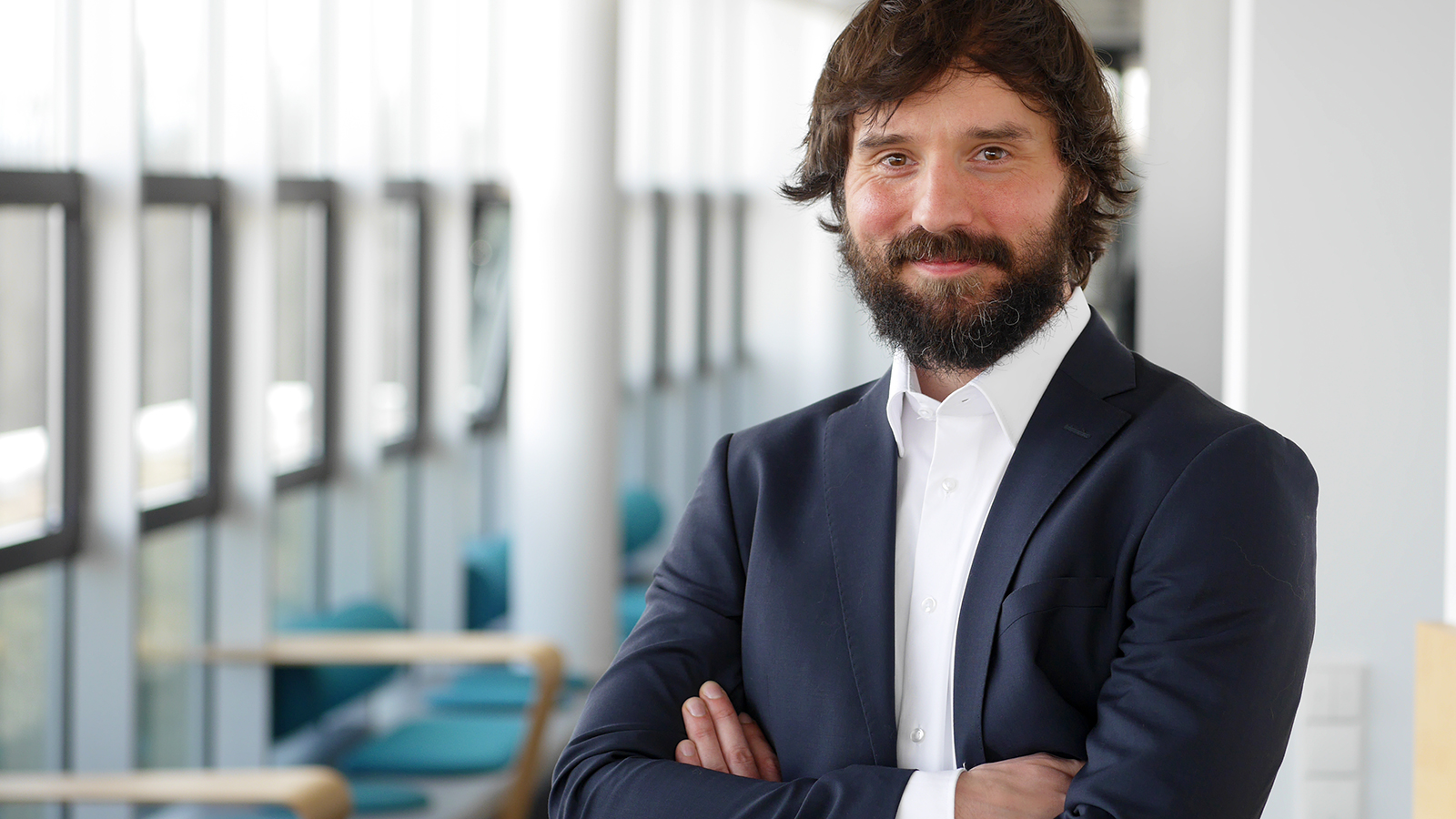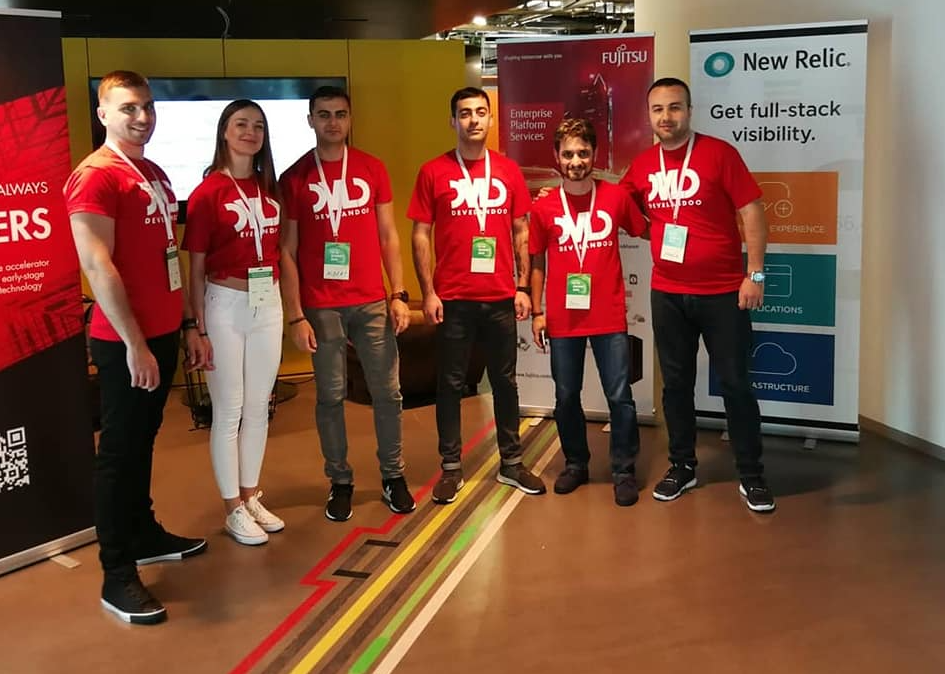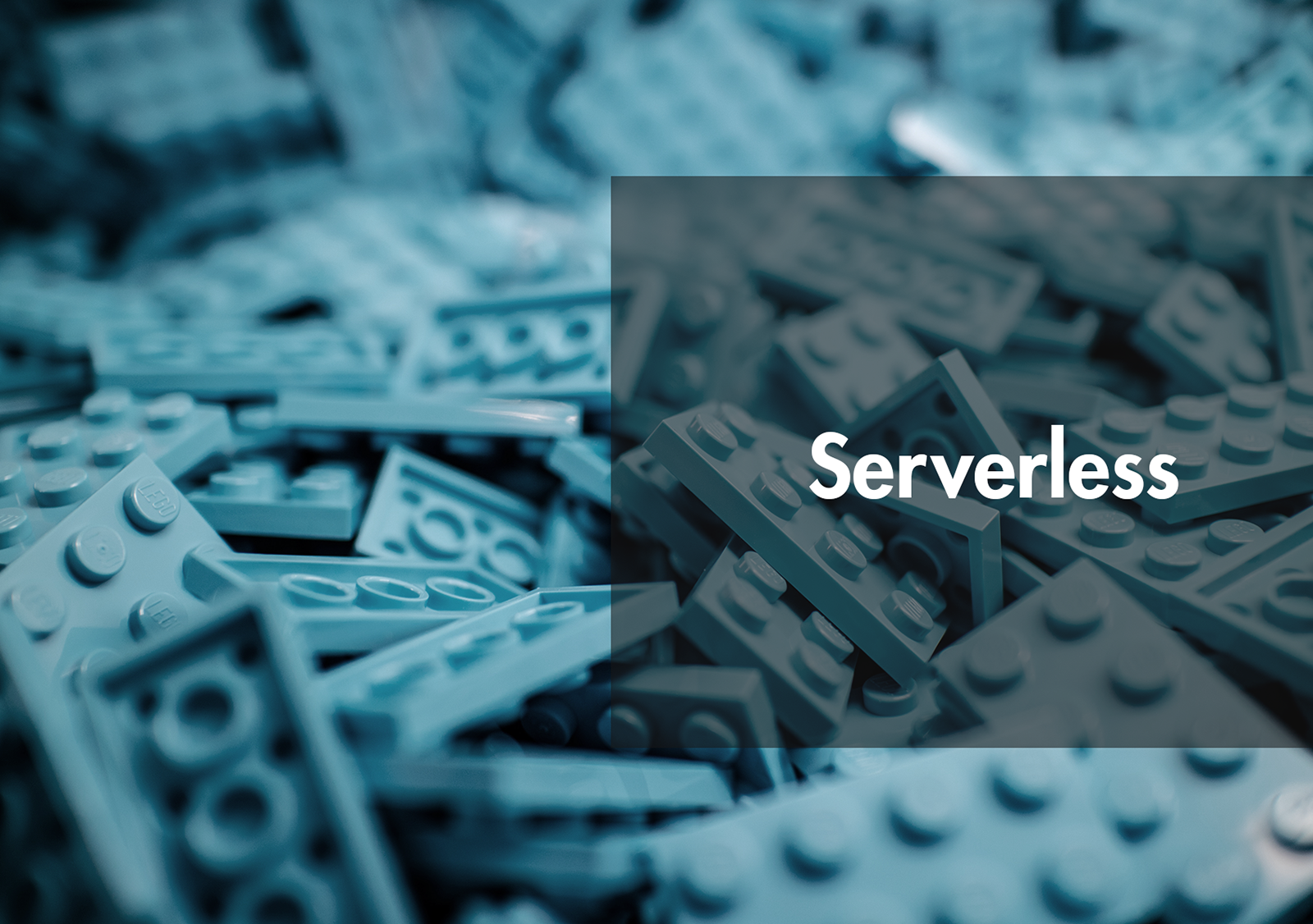The previous article in our Munich-AI Summit 2018 series, presented postdoctoral researcher Mohsen Kaboli’s talk on the Sense of Touch in Robotics. The summit, a first of its kind in the Munich area, was hosted by Develandoo – AI Innovation LAB on May 17, 2018. It was an AI innovation hub for renowned speakers in the field presenting their achievements and speaking about the future of AI.
Today’s article in our series is devoted to Distributed Autonomous Real-Time System, presented by the prominent Lenz Belzner, head of data science and artificial intelligence at MaibornWolff. If that wasn’t impressive enough, he also leads a research group on distributed autonomous systems and provides academic guidance and support to many in his field. He obtained his Ph.D. on autonomous systems at LMU in 2016.

Many industrial applications are based on the use of computers and some examples of industrial application developments are autonomous factories and self-adjusting power grids.
And on that note, we get into Lenz Belzner’s presentation at the Munich-AI Summit 2018. Belzner spoke about intelligence augmentation explaining that it’s about the integrated interaction of humans with self-organizing machines and systems and intelligence infrastructures. Belzner provides the example of containers on a ship. There are many cranes and machines used to organize these containers based on ships that come and go on a given schedule with many decisions made at every step of the process. So the question arises: where does the next container go or what happens if a ship arrives late, how can the containers be rearranged to minimize the time it takes to load the next ship?
These same questions around process management of containers on a ship can also be asked for instance in a situation with autonomous traffic.
‘’For now, we’re in the process of creating cars that are able to drive autonomously in traffic but there is also an opportunity for cars to communicate with each other’’ says Belzner.
He also spoke about smart grid energy, where there is competition for price, and here the questions are, how much energy can be produced before the system breaks down and how much energy to store.
‘’They are working towards making distributed systems smart, enabling them to make decisions and coordinate resources based on real-time information, says Belzner.
‘’The approach that we’re taking to make it possible for these systems take decisions is that we’re building simulation, ‘digital twin’ they call it, in order to search in the simulation for valuable sequences of actions, for example, to maximize the benefit, the kind of revenue that from producing particular number of items’’ says Belzner adding that academics tend to oversimplify problems but in this case this is a simplified problem. He uses an example of a smart factory to explain.
‘’So we have a particular set of genes that can perform different operations, and they are connected by some kind of physical topology. And in that factory, they are robots that transport items to be produced and each of these robots is equipped with its own decisions. So the question is each of these machines, each of the robots know where to put their item next and all the others are also transporting their items to production machines and in that form, they cope with that kind of emerging complexity. And this is a very small sample and you can imagine that in real-world problems there are many more machines and many more agents.’’
Belzner introduces the concept of reinforcement learning, a branch of Artificial Intelligence. ‘’It allows machines and software agents to automatically determine the ideal behavior within a specific context, in order to maximize its performance. Reinforcement Learning is defined by a specific type of problem, and all of its solutions are classed as Reinforcement Learning algorithms.
‘’So the guys of DeepMind invented a kind of program that was able to play a game of GO better than the world champion. And what was fascinating about this is that GO has been declared one of the grand challenges of artificial intelligence because there are so many decisions that can be made on each step of the game and each decision has a long-term impact on what decisions can be made in the future. And humans were thinking that it would still take a long time to machines to be able to play this game better than senior champions, but AlphaGo was beating even the senior champion: I think 4:1 or 5:0’’.
For more information about our speaker’s presentation you can check our youtube:
We are thankful to all our sponsors and participants and the speakers for attending our Munich-AI Summit 2018, the one and only free event at Munich related to Artificial Intelligence. We invite all representatives in the field of Artificial Intelligence, AI experts, and simply those who are interested in the exchange of ideas within AI innovation and big data analytics to participate in 2019.
Initial registration for Munich-AI summit 2019 is already open on our meetup page. https://www.meetup.com/ai-munich/events/251011537/
See you all there.
- Topics:
- Artificial Intelligence
- M-AI Summit



